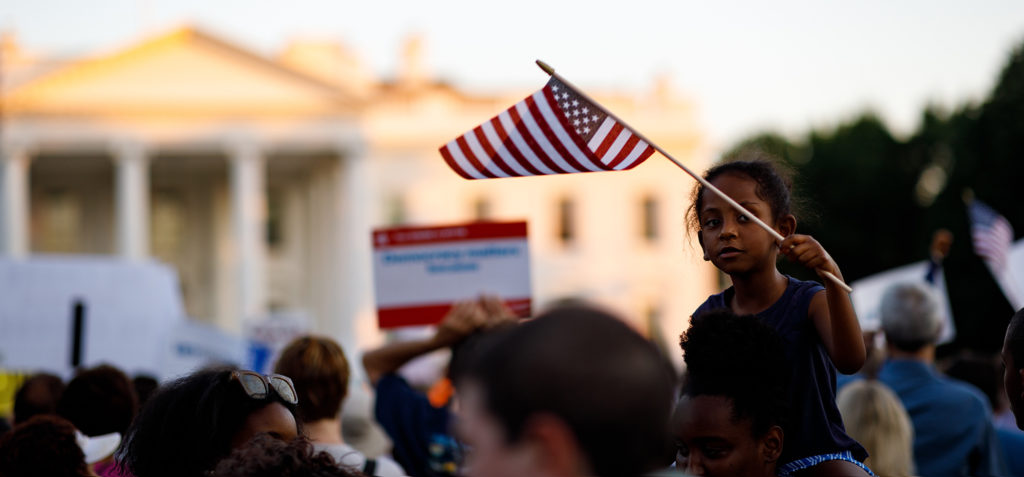Expose dark money spending in our elections.
Over the past decade, Nebraska has seen an increasing number of “Dark Money” attack ads that target candidates for office but escape state reporting standards. While most political advertising is required to be publicly disclosed, a subset of ads escape reporting by claiming to be informational, rather than electoral in nature. Recent legislation (see LB8) would clarify the nature of these ads and require their public disclosure.
Restore the voting rights of former felons.
Currently, state law withholds the voting rights of Nebraskans convicted of a felony for two years after the completion of their sentence. In recent years, legislation has been introduced to remove this waiting period (see LB158) and ensure every Nebraskan has a say in their futuresonce their sentence has been served.
Place common sense limits on political contributions.
Nebraska is one of only 11 states that place no restrictions on how much an individual can contribute to political campaigns. While many states limit both corporate and individual contributions, Nebraska allows unlimited donations no matter the source. That means that the wealthiest interests in Nebraska can spend as much as they like to influence the outcome of our elections, and diminish the voices of everyday Nebraskans. Legislation was introduced this year (see LB8) that would limit individual contributions to $5000 per candidate.
Create an independent citizens’ redistricting commission.
Last year, the Nebraska legislature carried out the once-a-decade redistricting process. To guarantee that every vote carries the same weight in our elections, state senators redrew voting maps using updated data from the 2020 census. Unfortunately, by giving the Nebraska legislature sole authority to redraw district maps, we’ve put the fox in charge of the henhouse. If we want to build a nonpartisan and unbiased process to deliver fair elections, we must start by removing state legislators from the equation. Instead, Nebraska should follow the example of many other states and create an independent commission of citizens that would gather public input and create new district maps free of partisan interests.
Restrict when elected officials can become lobbyists.
When elected officials reach the end of their term and return to private life, they retain the relationships and knowledge they built while in public service. This in-depth knowledge and familiarity with government are easily translated into a lucrative career in lobbying, giving private interests new levels of access. The majority of states have instituted a cooling-off period before former elected officials can lobby (anywhere from one to six years), but unfortunately, Nebraska is among the small number that have no restrictions.
